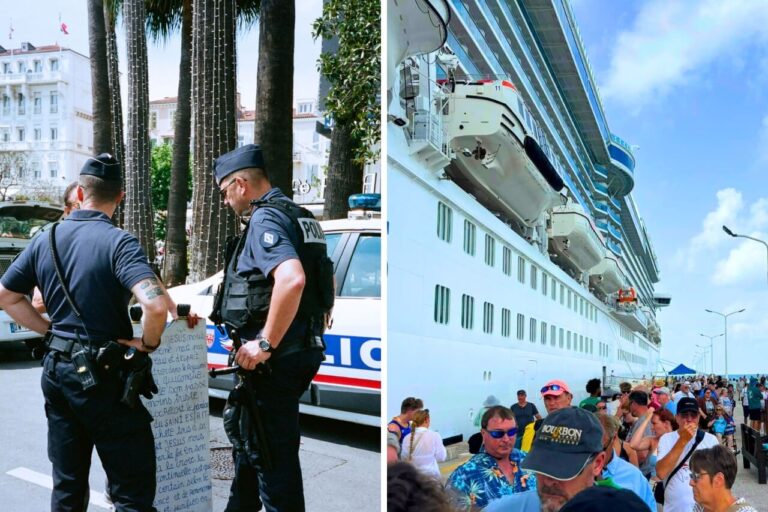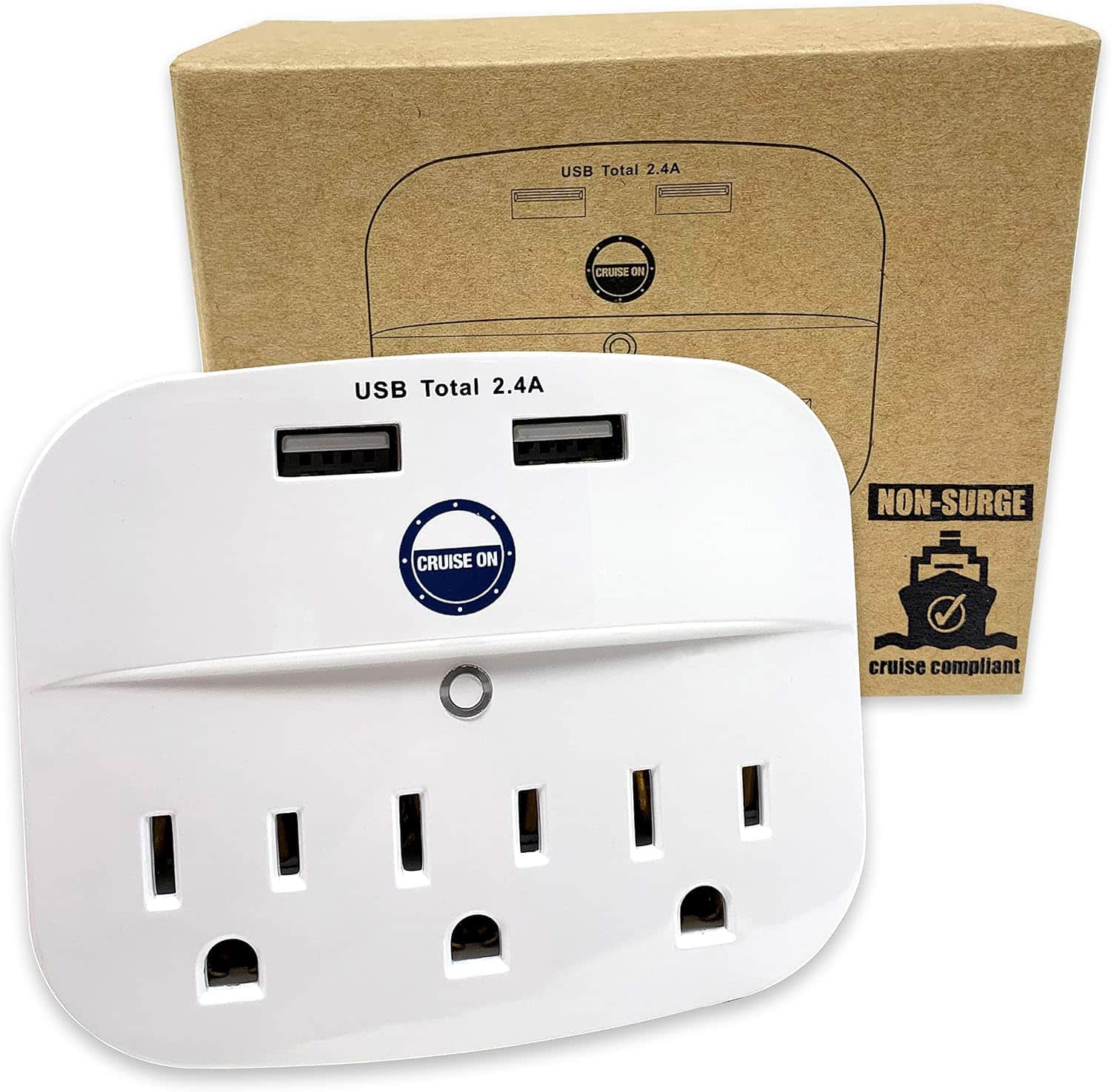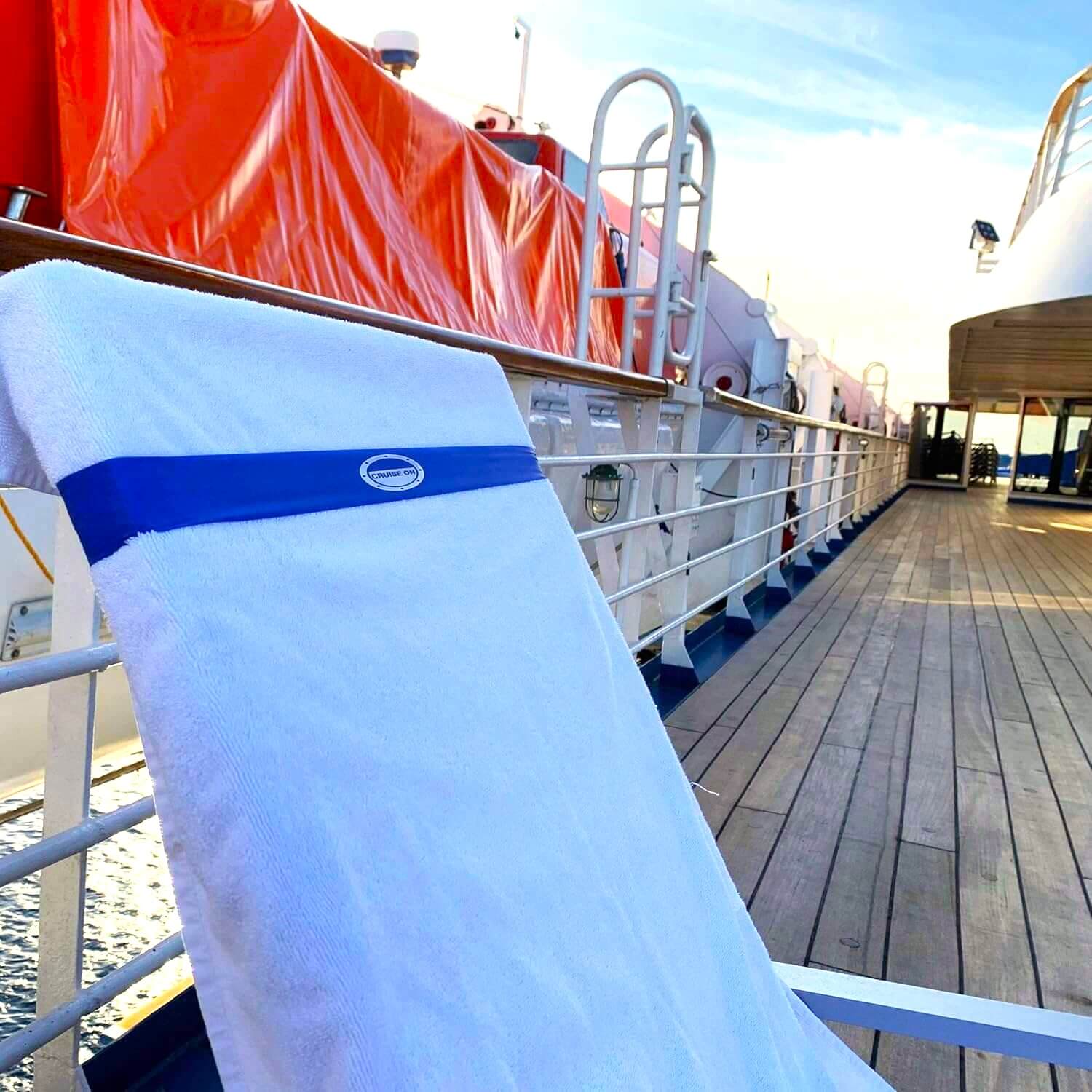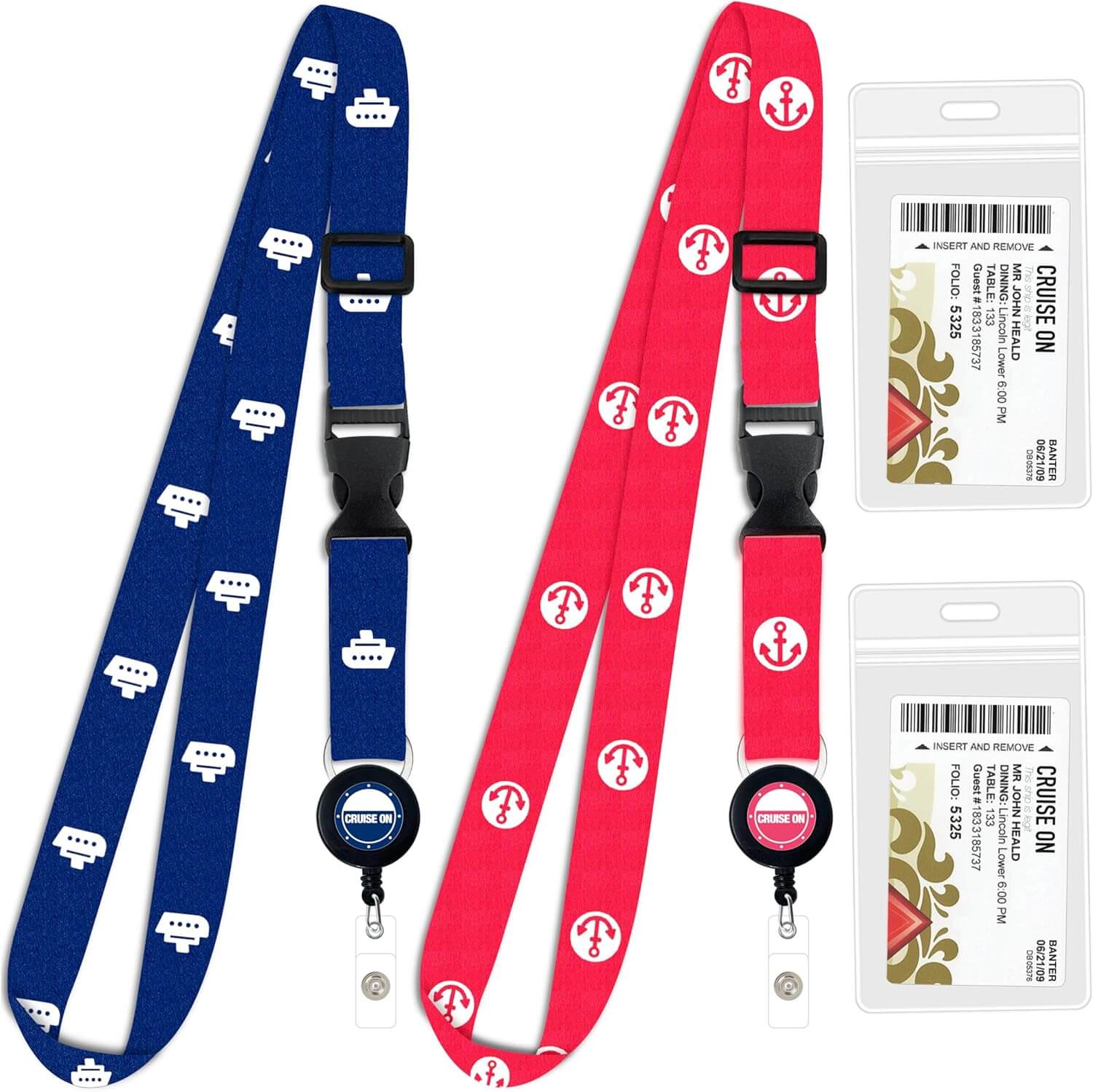Travel scams have become very common in recent years, with many specifically targeting cruise passengers.
After waiting for a vacation for a long time, it’s really a shame to have it ruined because you weren’t paying much attention to what you were doing.
To avoid this, I want to highlight some of the most common scams in the cruise industry, so that you can easily spot and avoid them.
1. Fake “Free” Cruise Offers
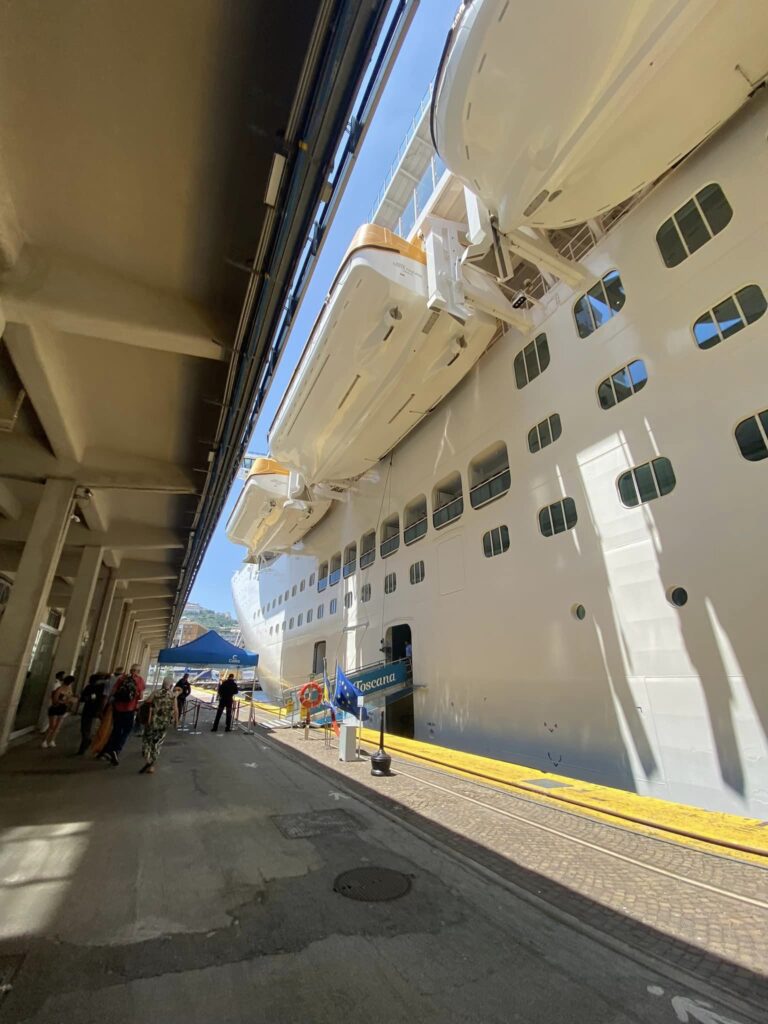
Among the most common scams are definitely those that tell you you’ve won a cruise.
Obviously, this type of scam targets your emotions and your love for cruises in an attempt to steal your money or private information.
Be very careful, as there may be real contests offering cruises as prizes, but always verify the source.
Recognizing a fake win can be tricky but there can be some signs to help you:
- If it’s an unexpected win and you haven’t entered any contests it’s definitely a scam.
- Scammers often use urgency, telling you to act fast or risk losing the prize. This is a tactic to make you decide without thinking carefully.
You should do the opposite, take your time to verify and even contact the company directly to ask if that’s real. - Legitimate contests never ask for money upfront to claim your prize. If you’re asked to pay for shipping, taxes, or processing fees, it’s likely a scam. Never enter your credit card information if you’re not 100% sure the win is real.
- Ask for help if you don’t know or if you’re unsure. A family member, friend, or IT expert can help you expose false winnings.
2. Shore Excursion Scams
In my experience, the second most common scams in the cruise industry are those related to excursions at ports of call.
I’ve seen different situations: aggressive sellers offering private tours, and passengers agreeing without asking the price, which turned out to be very high.
In some cases, the price increased at the end of the tour because it supposedly lasted longer, even though it didn’t.
I’ve also seen some passengers who booked tours online through shady sites or through social media, and once they arrived at the port there was no tour for which they had paid.
To avoid this, book your excursions through trusted sources like the cruise line or well-reviewed operators.
Do this especially in cities that are less reputable and have a relatively high rate of scams. I know that excursions with cruise lines can be more expensive but at least you are 100% safe.
As I’ve said in the article on the 10 things that are always overpriced on cruise ships, shore excursions can be expensive but you don’t need them in every single port.
3. Pickpocketing in Ports
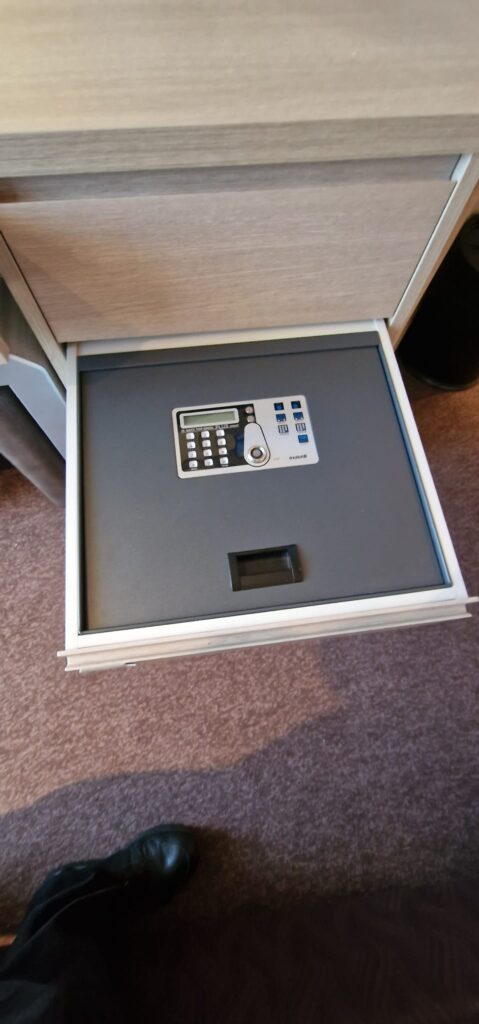
Pickpockets love tourists, everyone knows that.
That is why you have to be very careful when you get off the ship to visit the cities.
Never take valuables, jewelry, or too much cash with you. I have already explained what is the right amount of cash to bring on a cruise.
You can leave valuables in the cruise safe, and of course, be careful when walking especially in crowded places or if you take public transportation.
4. Fake Social Media Accounts or Travel Agents

Scams through social networks have become very common in recent years.
Many of them use fake profiles, often impersonating famous people, to successfully steal sensitive data from passengers.
For example, I have seen fake profiles impersonating Captain McCue or profiles of fake travel agents claiming to be cruise experts.
If possible, my advice is to drop social networks and book in person, especially if you are not very digitally savvy.
In addition, I recommend reading these tips on the 7 travel agents you must avoid when booking a cruise.
5. Overcharged Cards
It has never happened to me personally, but I’ve heard from some passengers that is quite common to receive overcharges from port shops or restaurants if you don’t pay attention.
I have heard of these incidents mostly during cruises to the Caribbean and Bahamas, so remember to double-check the amount when using a card.
If you need to pay a small amount, I recommend paying in cash to avoid any issues.
6. Fake Job Offers

From another point of view, scams are also common for those seeking jobs on cruise ships.
Scammers usually offer “dream jobs” with much higher than average wages.
Then they ask for money upfront for visas or transportation, and once you send the money, the offer and the company disappear.
Do not believe in overly tempting offers. I recommend that you check how much cruise ship workers really earn.
7. Inflated Prices on Board
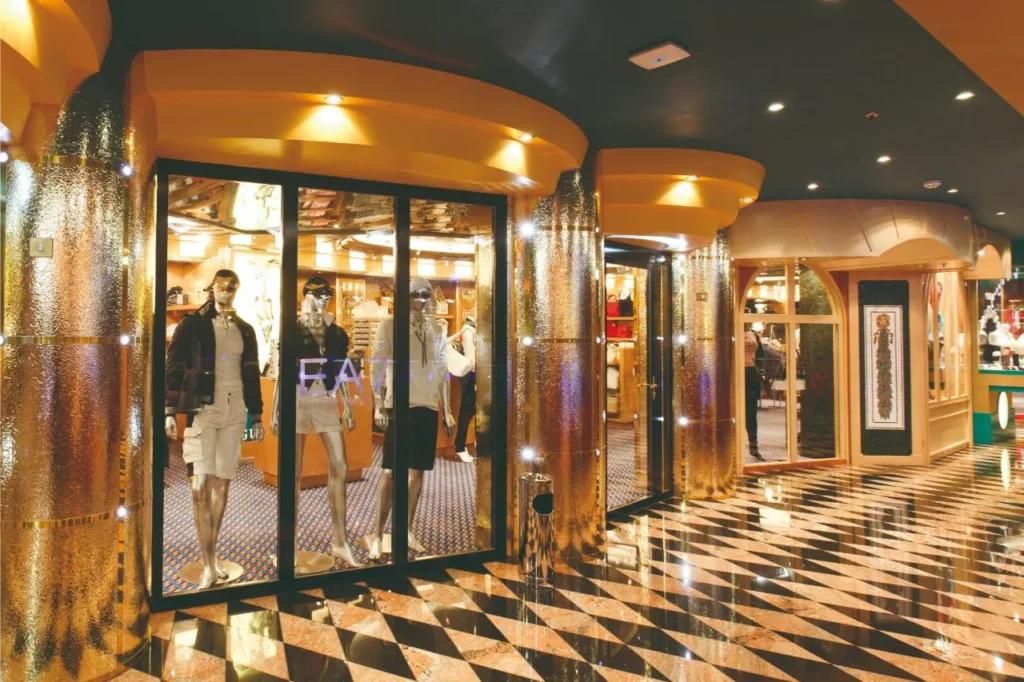
Another type of “scam” that is not really a scam but still leads you to spend more money than you should, is things for sale on board with inflated prices.
Be especially careful because it is easy when you are on a cruise to buy something at a higher price than you should.
Before your vacation, you should check the 7 things you should never buy on a cruise and the 10 things that are always overpriced on cruise ships. With that information, it will be very difficult to scam you!
I have tried several of them but these are the most durable and sturdy.

